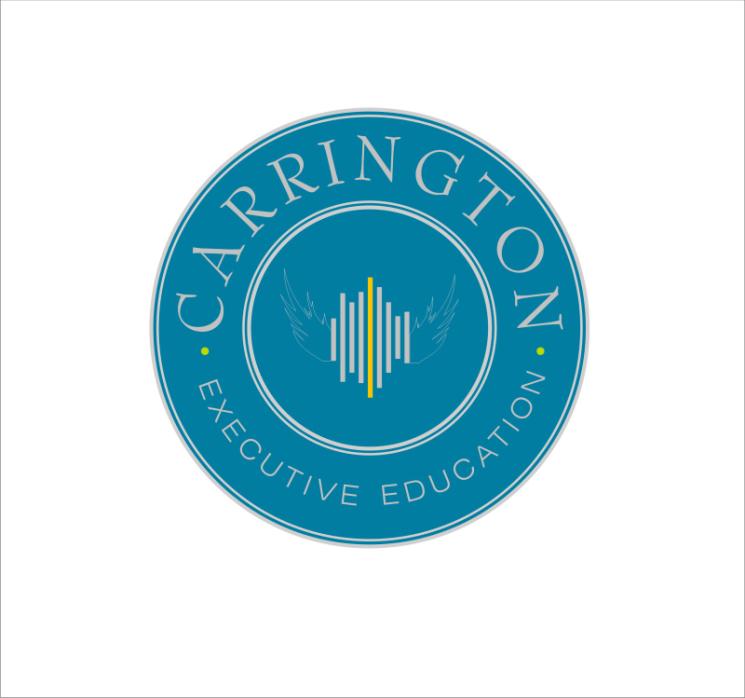Tuesday 16 January, 2001
A documented family constitution outlines strategies and
solutions which can be implemented to deal with family-related matters
that impact on business issues.
Family constitutions include criteria for joining the family
business, a definition of roles and responsibilities of active (i.e.
those family members employed in the firm) and passive (i.e. those not
employed in the firm) family members, and mechanisms to be adopted for
the transfer of ownership and leadership. The Australian & Private Family Business Survey 1997 conducted by Monash University’s K. Smyrnios, C. Romano, & G. Tanewski shows that over 90% of first, 86% of second, and 91% of third and fourth generation owner’s report not having a family constitution.
A Family Business Constitution is a document which specifies the relationship between the family and the business, and sets out guidelines for resolution of issues and how the business is to be managed. A Family Business Constitution reflects family and business values, and operationalises and formalises the procedures and relationships between family members and the business.
The Family Business Constitution is geared towards maintaining harmony and co-operation, and preventing conflicts. While a Family Business Charter might not seem important in the early stages of a growing business such as in the two person family business with one or two employees, they are very important in multiple generation enterprises where patterns of relationships are seemingly more complex.
A Family Business Charter, like a business plan, is a working document which provides guidelines relating to ways in which the family will deal with the interface between the family and the business.
As a policy document, charters outline procedures for dealing with those issues considered to be the most conflict ridden and critical to the future of the business. The Family Business Charter can cover any number of areas and each is unique to each family business. Despite their uniqueness, it has been suggested that a Family Business Constitution might include:
- family mission statements or a list of short- and long-term goals;
- criteria or policies regarding participation and employment in the business;
- clear statements about career opportunities, leadership and ownership;
- who will lead the business, work in it; and how family members in the business will be compensated;
- a statement of family values as they relate to the business;
- principles guiding family-member compensation;
- guidelines for family-member advancement in the business;
- a family code of conduct as it relates to the business;
- policies on sharing financial information; and
- guidelines for forming a family organisation.
There are many matters that can be covered in a Family Business Charter or Constitution. Below, the authors list a number of questions that can be asked or considered when developing a framework around which the Charter can be formulated.
Family mission and long-term goals:
- How important is continuation of the family enterprise?
- What is the current and future management philosophy?
- What are the short-term and long-term objectives of the family (e.g. in relation to any number of areas)?
- What does the family plan to do with the enterprise in the long-term: Keep it in the family? Sell it?
Share ownership:
- What criteria entitle an individual to own voting or non-voting shares in the business?
- In the event of critical milestones such as marriage, birth, death,
divorce, or termination of employment are ownership privileges
affected?
- Under what conditions, including price and terms, must shares be offered for sale to other shareholders or to the firm?
- What constitutes a fair distribution of assets among family members and what is best for the success of the business?
- Should key employees hold shares?
- What restriction should be placed on sale or transfer of shares?
- What type of shares control (e.g. voting) should be made available for family members who are active (i.e. those employed in the firm) in the business versus those who are passive (i.e. those family members who are not employed in the enterprise)?
Compensation:
- Should members be renumerated above, at, or below market rates?
- Should all family members be compensated at the same rate, regardless of their contribution to the business?
- Is there a fair and objective compensation system for family members?
- Are employment perks equitably awarded?
- Should active family business members receive higher dividends than passive members?
Employment:
- What are the policies regarding joining the business? At one end of
the spectrum, membership is open regardless of talent or skill levels.
At the other end, families specify high entry standards. Whatever the
position adopted, it is important to be clear about who can enter, what
their qualifications must be, and what it takes to remain in the
business.
- How do family members earn their stripes?
- Is employment a birthright or a privilege?
- Under what terms and conditions will a family member be employed
(or for that matter be terminated from active work in the business)?
- Who makes the employment decision when family members join or are asked to leave the business?
- Should family members obtain experience outside of the firm before joining?
Career opportunity:
- Should career opportunities be made available to all family members with ability and commitment?
- Are family members who do not meet employment criteria counselled accordingly? What career opportunities or alternatives are available for these individuals?
Leadership:
- Will future managers come exclusively from the family?
- When will the firm’s future managers be selected and by whom?
- What qualities are essential in future leaders of the business?

No comments:
Post a Comment